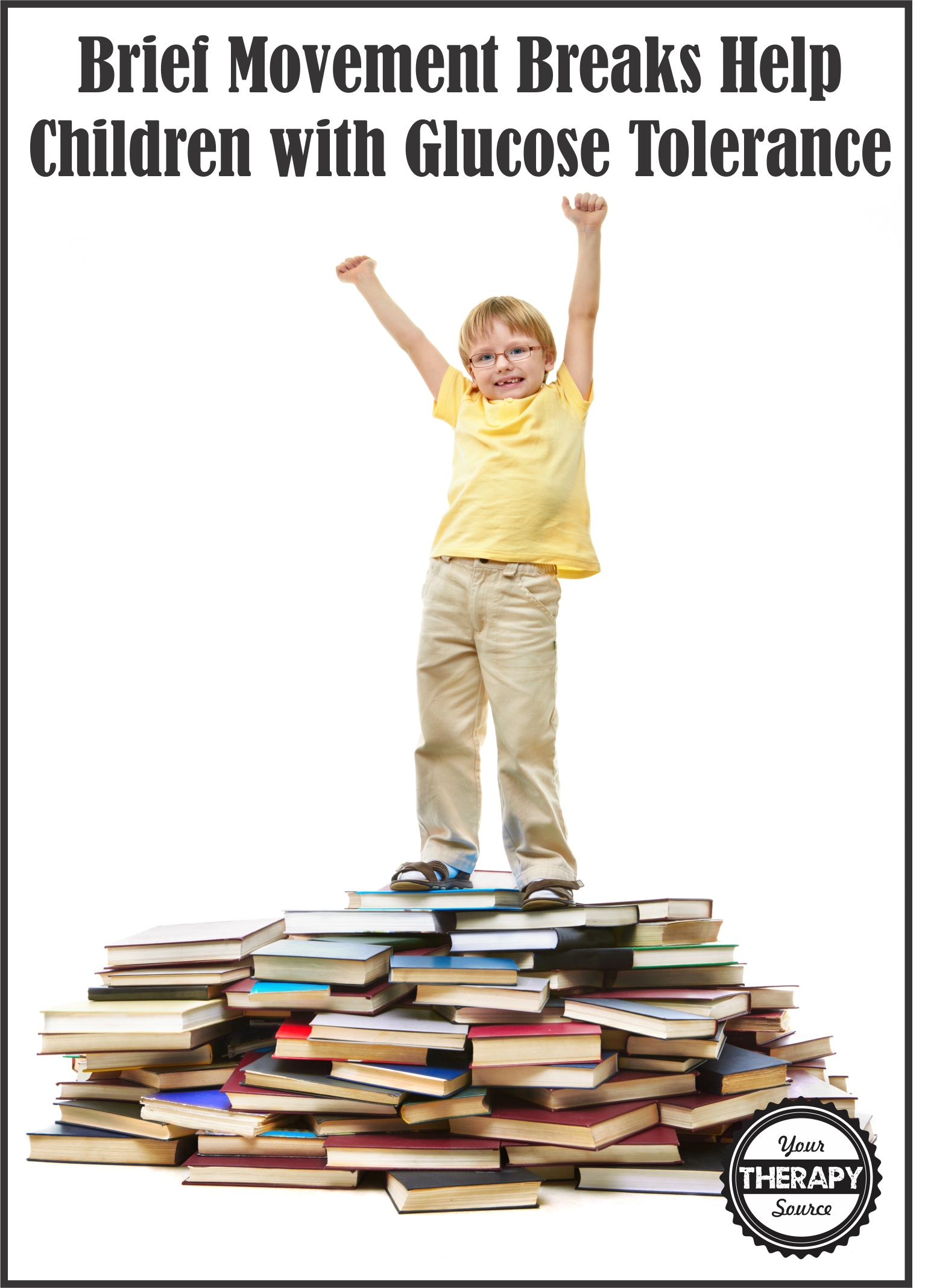Brief Movement Breaks Help Children with Glucose Tolerance
The National Institutes of Health completed a research study to determine if interrupting sitting with short, moderate-intensity walking bouts could improve glucose tolerance in 28 healthy, normal weight 7-11 year old children. The children went two times to a medical center after an overnight fast – (1) one time they remained seated for 3 hours with […]










